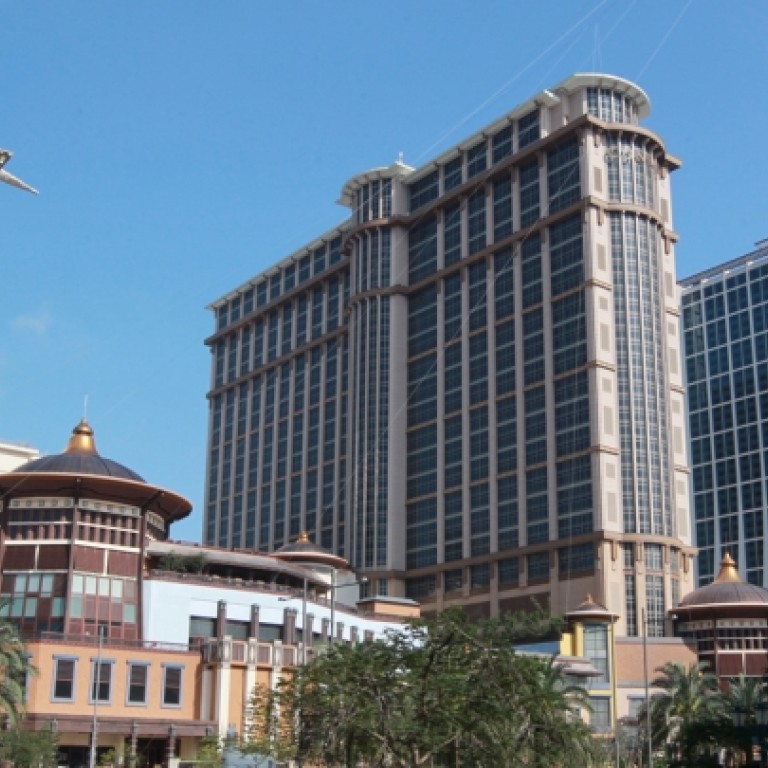
Macau officials blamed for job fears
Plans for non-locals to work after graduation are causing alarm, and experts say the government needs to tread carefully to allay concerns
Strong opposition in Macau to plans for non-local students to work in the city after graduation has been attributed to a lack of faith in the government.

But lawmaker Au Kam-san - expressing total opposition to the proposal - said the competition would not be fair, with non-local graduates willing to work for lower pay than locals.
"The government does not know what to do with the worsening situation of illegal workers … there has never been a regular review on the quota of foreign workers and the government just keeps on importing them," he said.
Opposition has mounted since late April when Macau chief executive Fernando Chui Sai-on raised the possibility of selecting top non-local students to work in Macau without giving details. Chui responded to criticism by saying non-local graduates would be entitled only to working visas, not residential permits.
Dr Rico Lam Long-wai, head of the University of Macau's management and marketing department, said the response was not surprising as the policy would have far-reaching consequences and people were doubtful if the government could prevent employers from taking advantage of it.
"Every company will want to maximise their profits," he said. "They may make use of this policy to bring down the cost of labour, and so local graduates may have fewer job opportunities or lower starting salaries."
Government officials said the practice could increase the reserve of manpower in a city where the unemployment rate is only 1.9 per cent. They also emphasised that employment opportunities and mobility of local workers would be guaranteed.
Queenie Zhu Xiao-hua, managing director of human resources consultancy MyJobs Macau, said the city was badly in need of more manpower to support its future development and should welcome competition.
"I think that Macau is a place with a strong protectionism regarding human resources policies. Whenever the government tries to relax the importing of labour, labour groups or some lawmakers will naturally overreact," she said. "But realistically speaking, we do not have enough manpower."
Of 7,000 graduates in Macau over the past five years, 3,000 were non-local, many believed to be from the mainland, according to the Tertiary Education Services Office.
Official figures show that there are about 115,600 non-local workers in Macau, compared with 267,000 employed local workers.
Au said Macau already had mechanisms to import non-local employees and professionals, and so there was absolutely no need for the government to import them by new means.
Rank-and-file workers, including graduate students, can work in Macau after they obtain employment contracts from a company and get approval from the Macau Human Resources Office.
Professionals and people engaged in major investment plans can apply to the Macau Trade and Investment Promotion Institute.
In the first quarter of this year, 105 professionals and 20 investors were approved.
All the six gaming corporations in Macau - SJM Holdings, Galaxy Entertainment, Sands China, Melco Crown Entertainment, Wynn Macau and MGM China - have construction projects in the Cotai area.
The Policy Research Office, a government think tank, has said Macau will need about 40,000 more workers in 2016 for these developments.
Jacinta Ho In-fong, managing director of JC Human Resources Consulting and former recruiting manager of a casino company, said Macau's hospitality industry lacked a lot of people but admitted that university graduates might not be willing to take jobs as waiters and room attendants.
Lam said the government should have been more cautious. It should have let the public know which industries were most in need of labour and what the impact would be when they were opened to non-local graduates.
